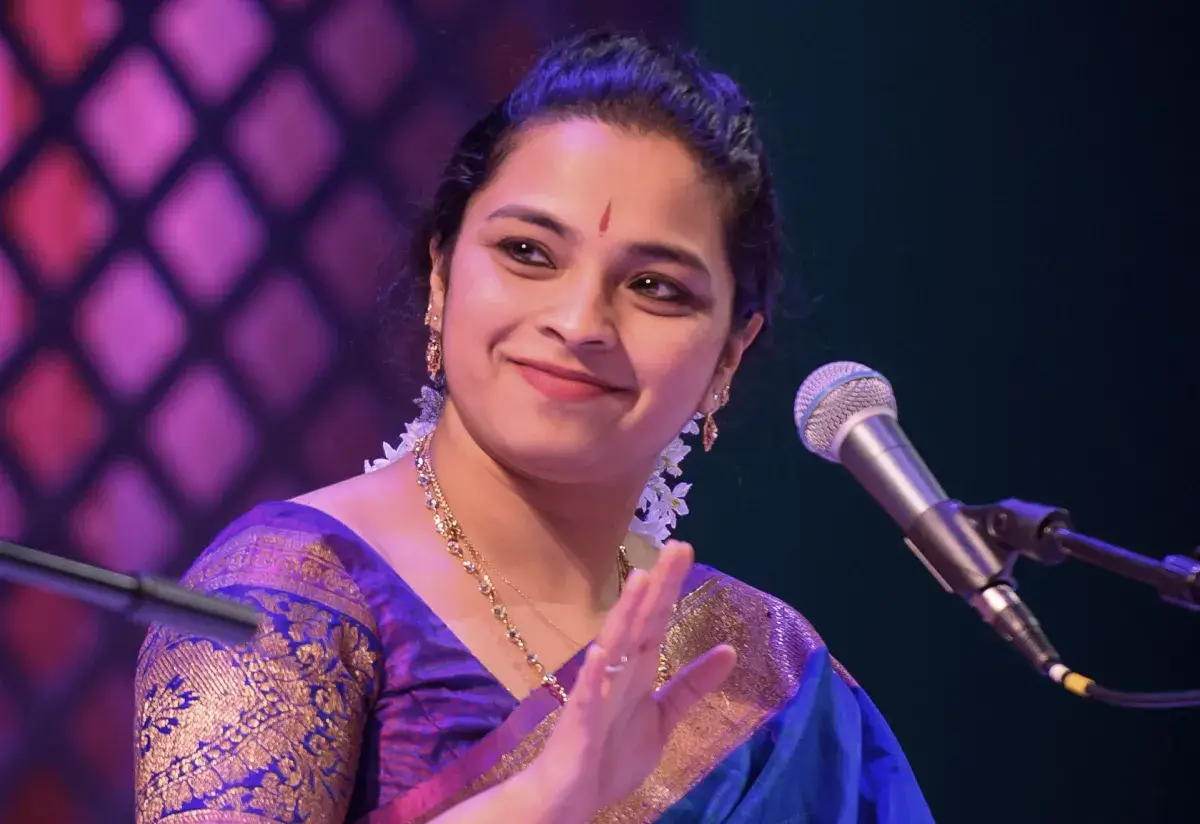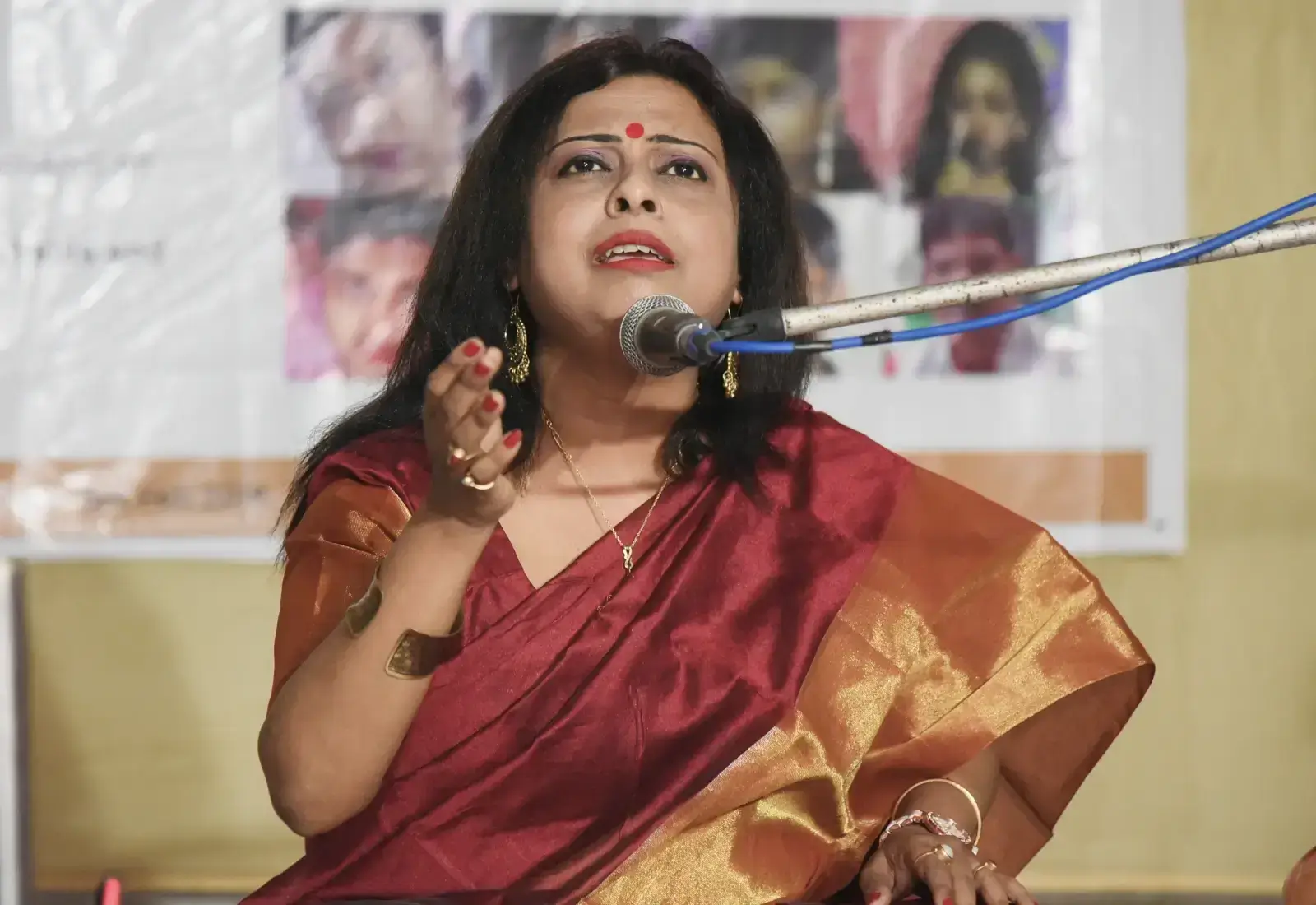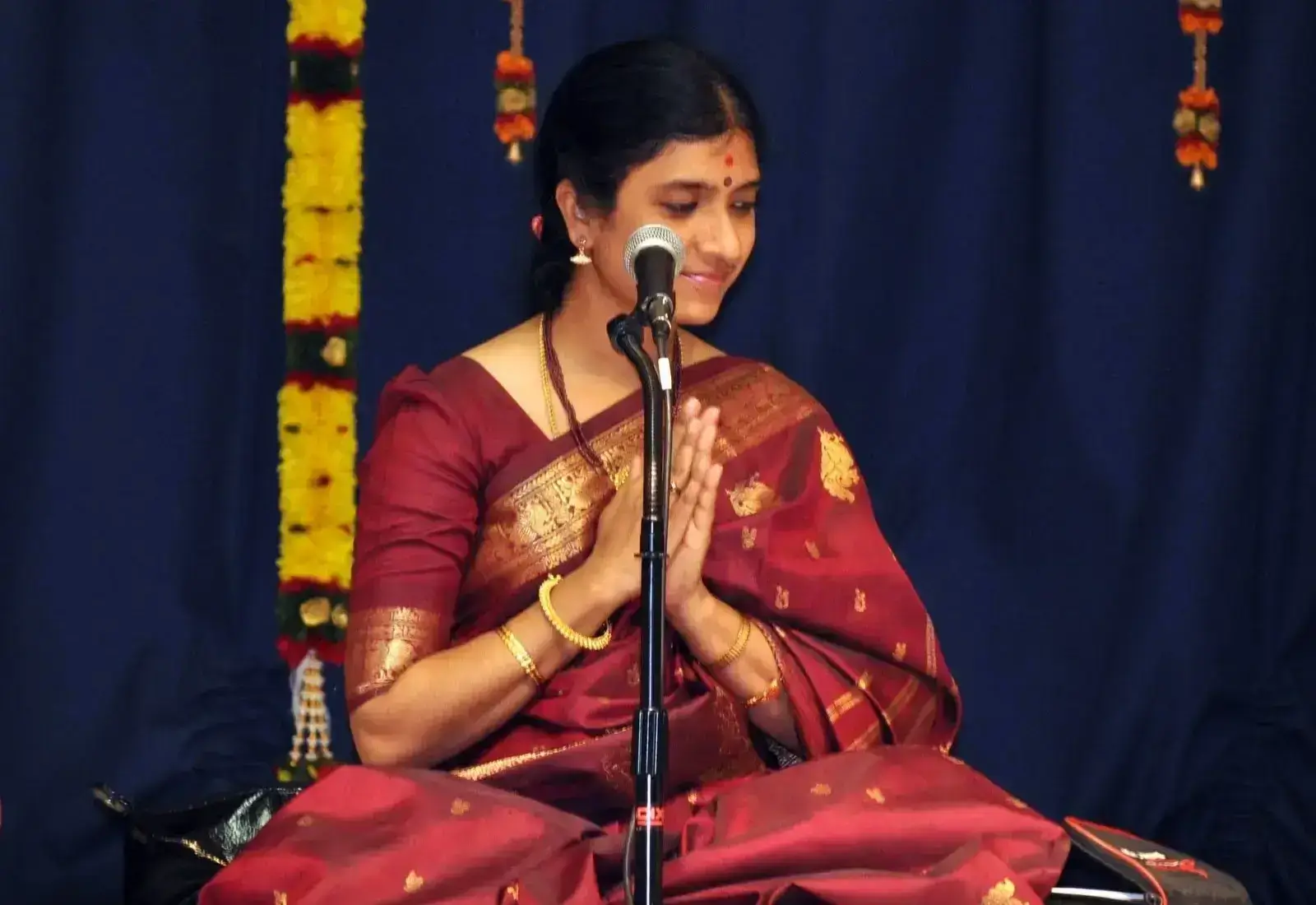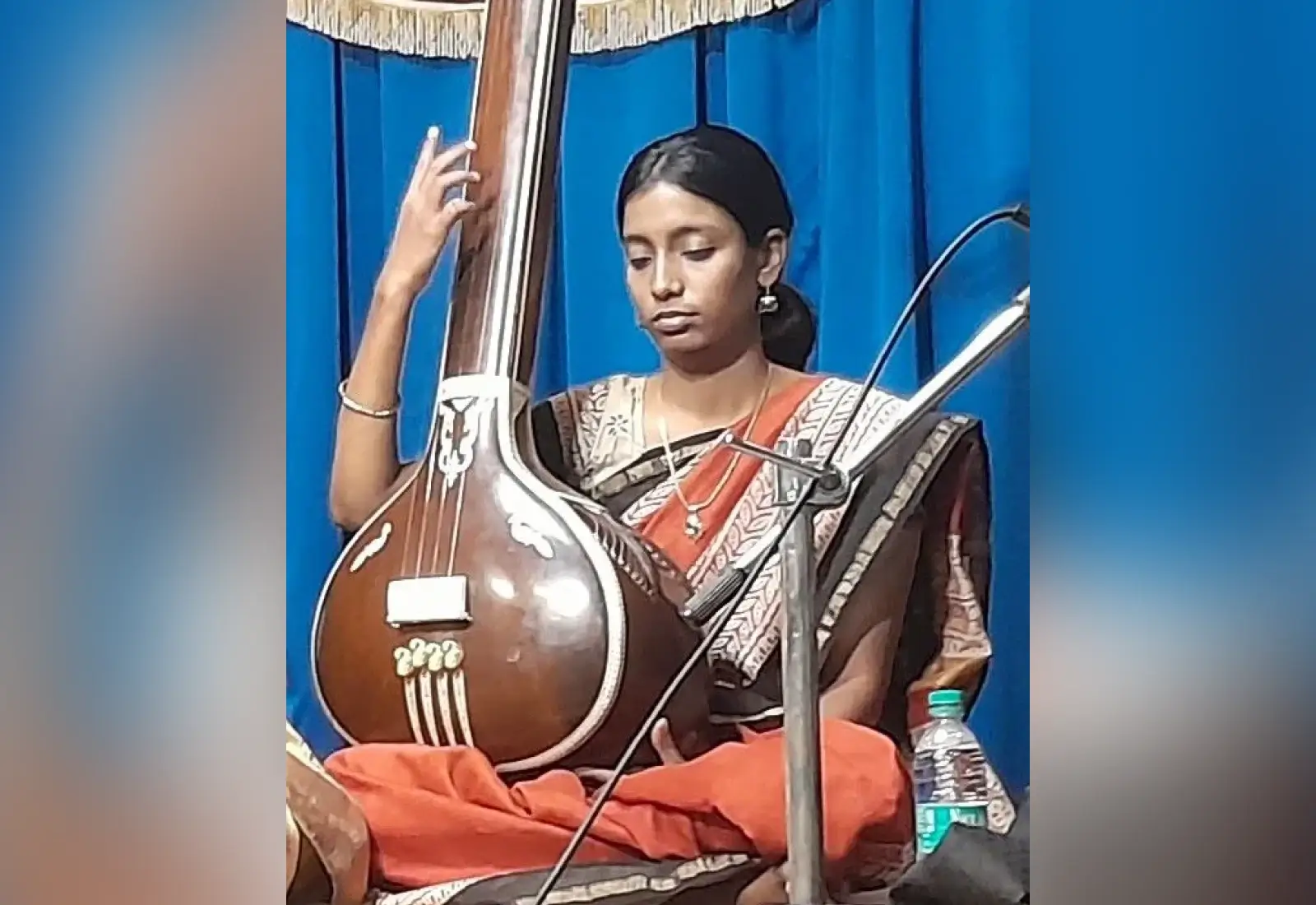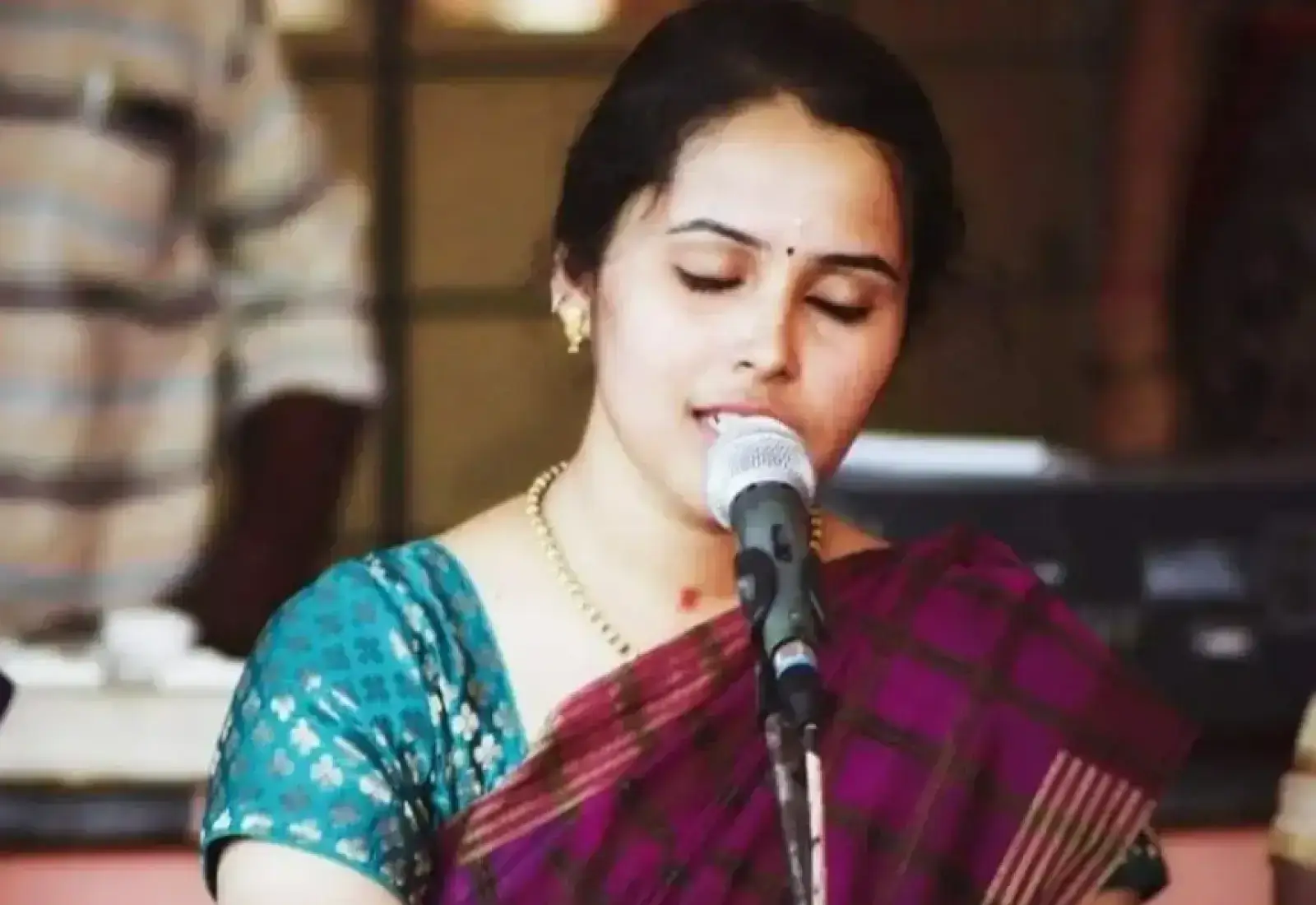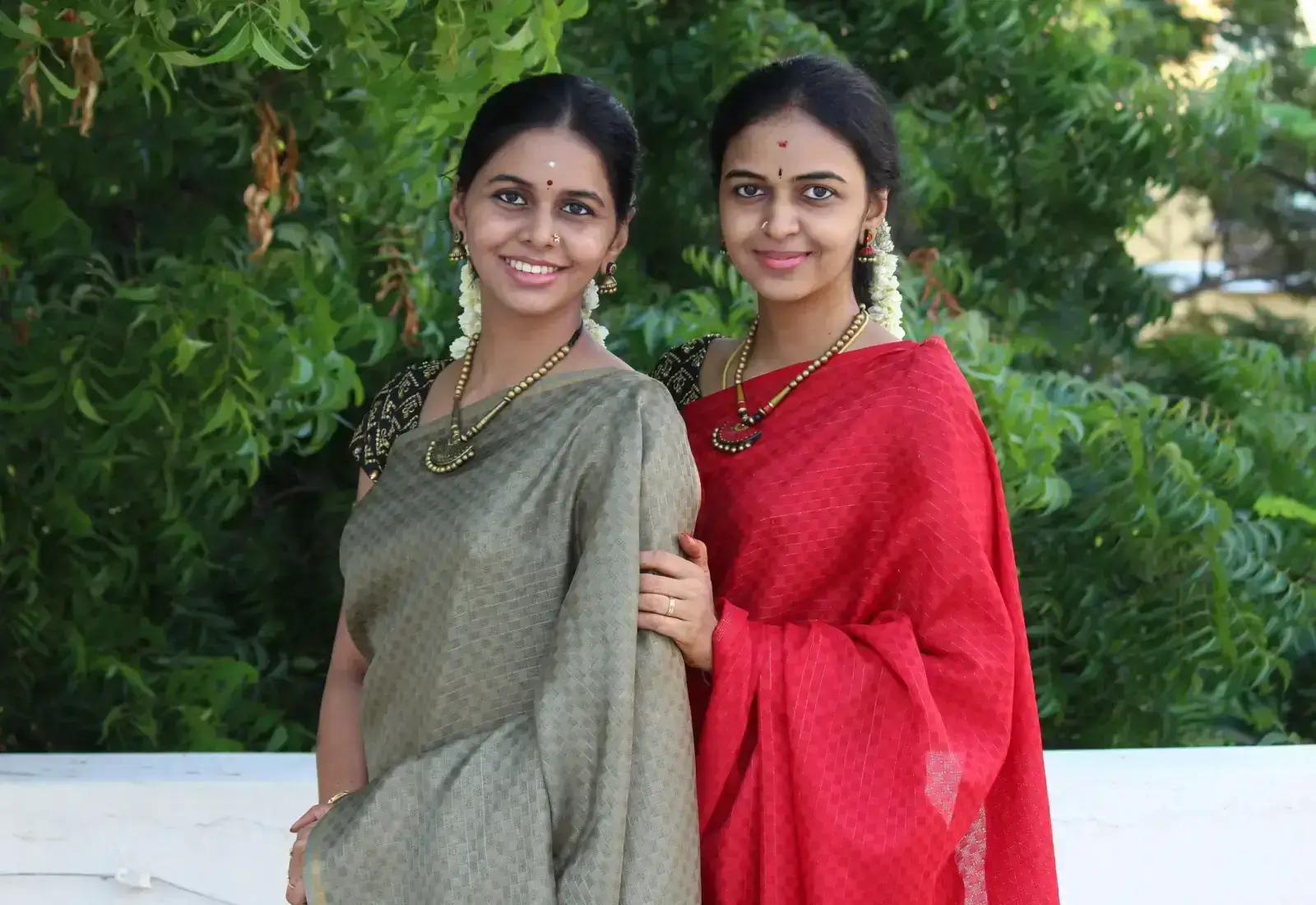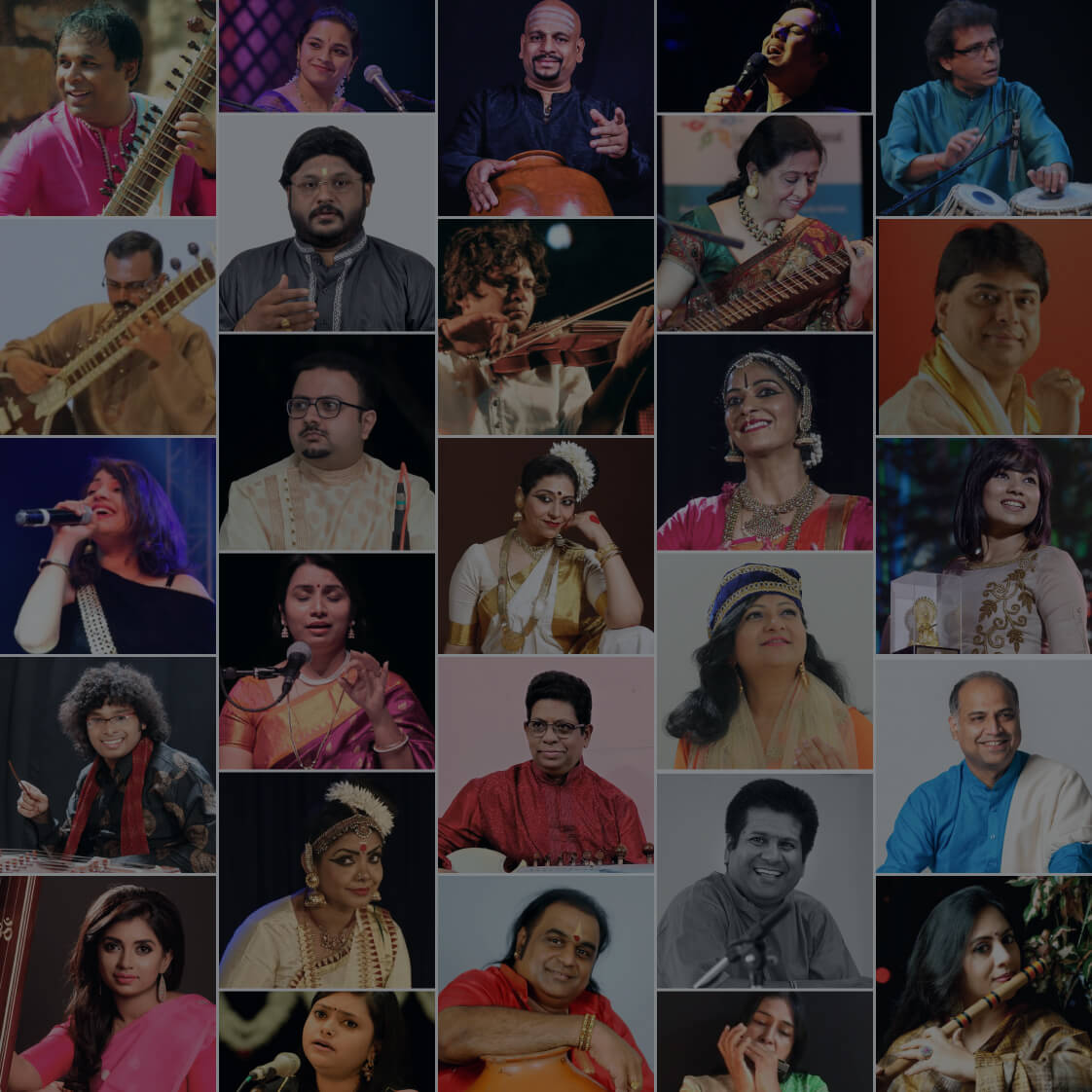Go Sufiana With These 9 Best Sufi Songs
"One thing is certain if something is gaining popularity, that means there is a market and audience for it. New things will come but pure Sufi music will stay as it has for centuries.” - by Rahat Fateh Ali Khan
What makes Sufi songs so popular? Because the theme of Sufi music is intense. It addresses emotions like love for the divine, curiosity to know all about the creator, agony of separation from the supreme reality, and the craving to transcend into the spiritual space to unite with the ultimate creator!
Check out this list of 9 best Sufi songs
1. Duma Dum Mast Qalandar
2. Sanso ki Mala
3. Khwaja Mere Khwaja
4. Chap Tilak Sab
5. Piya Haji Ali
6. Bhar Do Jholi
7. Mera Piya Ghar Aaya
8. Eri Sakhi Mohe Piya Ghar Aye
9. Halka Halka Surroor
Let's deep dive into the details of the following top Sufi songs:
1. Duma Dum Mast Qalandar- The Sufi Anthem
The spiritual Sufi song, Duma Dum Mast Qalandar finds its place at the intersection of spiritual music lovers and partyholics alike. It has a rich history that dates back to the thirteenth century, when the original poem was written by Sufi poet Amir Khusrow, to honor the most admired Sufi saint, Lal Shahbaz Qalandar.
The beautiful lyrics of the prayer by Amir Khusrow were modified by Bulleh Shah in the eighteenth century and woven into the music of Qawwali. Over the years this Duma Dum Mast Qalandar has seen diverse renditions that revive the craze for this spell-binding composition.
The modern melody was originally composed by Pakistani music composer Master Ashiq Hussain. Initially composed for a Pakistani movie, ‘Jabroo’, the song was sung by Inayat Hussain Bhatti, A.R. Bismil, and Fazal Hussain.
Since then, Duma Dum Mast Qalandar has witnessed several renditions. Even modern artists do not fail to add their unique elements to this evergreen Sufi song. The most famous was the one sung by the Pakistani singer Noor Jehan. Compositions inspired by Duma Dum Mast Qalandar have also been created and sung by legendary singers like Nusrat Fateh Ali Khan.
2. Saanson ki Mala
‘Sanson ki Mala pe Simrun Mai Pee Ka Naam’, is a beautiful Sufi rendition, penned down by the most dedicated devotee of Lord Krishna, Meera Bai in the sixteenth century. The lyrics are inexplicably powerful and convey the inevitable love of a devout towards her God, whom she considers as her ‘Priyatam’ or lover. The song shows how love can be so powerful to help one transcend to higher dimensions of spiritual reality.
This Sufi composition was popularised by Nusrat Fateh Ali Khan. Sanson ki Mala has been reused again and again with slight modifications in movies like Jeet (1996), Koyla (1997), and Trishna (2011).
3. Khwaja Mere Khwaja
A Sufi rendition that will fill your heart with Divine wonder and bring you in synchronization with the ultimate reality. It got featured in the movie Jodha Akbar (2008). It was written by Kashif, composed, and sung by the illustrious musician, A.R. Rahman.
Interestingly, as quoted by A.R. Rahman, this song was not written for the movie Jodha Akbar, instead, he composed it for himself to listen to. But, today it is one of the best Sufi Bollywood songs.
4. Chap Tilak Sab
Written and composed by Amir Khusro, Chap Tilak Sab Cheeni is a Sufi rendition that dates back to the fourteenth century. Its melodious and mystical lyrics make it popular even among modern Sufi and Qawwali music lovers. The poetry is a perfect blend of elements from Islamic and Indian cultures. The lyrics are in Braj bhasha, a western Indian language.
Chaap tilak sab cheeni revolves around the theme of the absolute power of a mere glance from the Divine! The composition has been sung by several legendary singers like Ustad Nusrat Fateh Ali Khan, Naheed Akhtar, Mehnaz Begum, Abida Parveen, Lata Mangeshkar, Asha Bhosle, Rahat Fateh Ali Khan, Kailash Kher, and many more!
5. Piya Haji Ali
‘Kiske Dil Me Kya Chupa Hai, Sab Tumhe Malum Hai’
A Sufi song soaked in devotion, Piya Haji Ali, is a masterpiece composition by A.R Rahman. It was written by Shoukat Ali for the movie Fiza (2000). The lyrics are soulfully dedicated to the nineteenth-century saint, Pir Haji Ali Shah Bukhari.
The beautiful rendition is the realization of the unbiased and pure love of the divine. Singing or even just listening to Piya Haji Ali can give your brain a deep sense of relaxation and a feeling of unification with the omnipresent!
6. Bhar Do Jholi
Bhar do jholi is a rendition mot popularly performed by the late Sabri Brothers. The lyrics were created by a prolific Urdu poet Purnam Allahabadi in praise of ‘Allah’. The song was used in the movie Bajrangi Bhaijan (2015) in the voice of Adnan Sami, which received great applause from music lovers.
The song is all about faith in the supreme reality, who not only sustains materialistic needs but is also the provider of spiritual bliss!
7. Mera Piya Ghar Aaya
A popular Punjabi-Sufi Kafi (poem), Mera Piya Ghar was penned by the noted Sufi poet Baba Bulleh Shah, in the eighteenth century. The legendary singer Nusrat Fateh Ali Khan brought the composition to life, by singing it as a part of his album, Qawwali- The Essential Collection.
It has also been sung by popular artists like Rahat Fateh Ali Khan, Qawwal Bahauddin Khan, Sabri Brothers, Badar Miandad, and many more! Experience the divine notion of the wildly popular Sufi song, which is loved by audiences across generations.
8. Eri Sakhi Mohe Piya Ghar Aaye
Eri Sakhi rejoices in the arrival of the Divine Presence. The theme of realization and discovery that God resides in the hearts of its devotees, is compared with the homecoming of an awaited beloved. Another interpretation of the song is celebrating the arrival of one’s spiritual teacher. The song was written by the great Sufi mystic, Amir Khusrow, an ardent disciple of the great saint Hazrat Nizamuddin Auliya.
It has been sung by noted artists like Nizami Brothers, Ustad Rashid Khan, and many more!
9. Halka Halka Surroor
"Ye jo halka halka suroor hai, sab teri nazar ka kusoor hai.
Mujhe jaam labon se pila diya, haye! Mujhe sharabi bana diya."
The lyrics and the music will indulge you completely in the theme that describes the eternal play of the lover and the beloved and explains the intoxicating divine love. This rendition is a spell-binding perspective on the human quest to know the almighty.
Halka halka surroor was written by Anwar Farrukhabadi, a noted Sufi poet, and has been sung by one of the greatest musicians, Nusrat Fateh Ali Khan
On a Sufiana Note!
Sufism prevails in each nuance of Indian art, music, and literature. Peace, love, and humanity combined make the ideology of Sufi music. Practising Sufi music or even just listening to Sufi songs will give you a feeling that you are undergoing spiritual treatment. It will help you heal from within!
Do you love Sufi music and wish to learn them under the guidance of highly trained and acclaimed Sufi maestros? Check out a range of courses and enrol for the one that suits your learning needs.


